By Laura Melina Loeven, Nanyang Business School
At the prospect of spending one week on a business study mission in Tokyo, I felt slightly nervous about offending senior Japanese managers. Being European, the manifold unwritten rules of Japanese business culture were still a mystery to me.
Thankfully, prior to my departure for my first MBA study trip I got to attend a crash course on Japanese business culture and the ‘dos and don´ts’ of socialising, hosted by my fellow Japanese class mates.
For one evening, I was fully drawn into the Japanese lifestyle while enjoying sushi and sake, admiring a traditional Japanese dance, learning bowing ceremonies, practising the correct exchange of business cards and eventually pondering the acquisition of Jim Beam whisky by a Japanese beverage company.
After I learned never to decline an invitation to socialise, I glanced at the tremendous amounts of sake that businessmen consume and quickly became concerned about the bowing ceremonies that I had been introduced to previously. The trip to Japan promised to be exciting.
Thinking about the city life in Tokyo, I dreamed of sky-high office towers, large and flashy advertisement screens and hordes of Hello Kittys. Crowds of business people in black suits, glued to their smartphones, appeared in front of my inner eye.
Yet, finally arriving in Tokyo, the city presented a very different image of itself. While some parts of metropolitan Tokyo felt like travelling back to the 60s, others were truly modern and impressed with trendy, simplistic and cutting-edge architecture. The streets of the hip districts of Shibuya and Shinjuku were indeed glitzy, but did not provoke the sensory overload that I anticipated.
Before heading to Tokyo, my classmates had warned me that most Japanese tend to seek harmony at all cost. Meetings run without friction and most people shy away from challenging authority by whatever means. I expected somewhat dull sessions on non-debatable company facts and figures and was prepared to sit through long, presentations from high-ranked executives.
What I found was the exact opposite. The executives that entertained the challenging questions of this bunch of ambitious MBAs did not fear any confrontation but exhibited great vigor, flexibility and a solid sense of humour in presenting their work. Instead of counting the minutes during dusty standard presentations, I was deeply impressed with the creativity, resoluteness and sincerity of the hosts’ responses to even the trickiest interrogations.
I learnt about the various strategic plans, experienced different company cultures and discussed Japan´s growth plans from every angle during our trip. Never a dull moment on this business study mission!
Five days of back-to-back meetings with 12 Japan-based companies and their highly inspirational leaders allowed me to gain valuable insights into Japanese management styles and to develop a firm understanding for growth strategies and corporate development tactics.
Currently, many Japanese companies find themselves at an inflection point. As a result of “Abenomics”, structural and fiscal reforms introduced by prime minster Abe, the nominal GDP has grown by 2.2 per cent over the past year, the highest growth in 17 years. How well an organisation responds to the challenges that arise in periods of change will determine the share of the overall national growth that the company can enjoy in the future.
The most common issue pinpointed by all presenters, an aging society as well as an overall decreasing population, will significantly impact Japan´s competitiveness in global markets in the long run. Further, many Japanese do not have a professional command of English so that their employers are often confronted with major obstacles when doing business with overseas partners.
The programmes introduced to improve the command of English are a necessary investment to make Japanese firms more attractive for foreign investment as it will eventually facilitate collaboration across borders.
I was delighted to learn that Japanese companies attach ever more importance on people development and increasingly focus on hiring international talent. Many of the companies who hosted Q&A sessions with my MBA class emphasised that they experienced radical progress by selectively incentivising employees and revising their HR policies. Offering flexible work style solutions to attract more women to the corporate world, providing training and international exchange programmes as well as shaping an overall growth mindset, has proven effective to nurture business success.
All the leaders who welcomed me and my classmates to their office agreed in saying that heavy investments in research and development programmes are crucial to compete on an international scale. While attentively monitoring innovation cycles, the firms aim to stay on top of market trends and best tailor products to customer needs.
With limited talent pools and only little entrepreneurial spirit in their own country, Japanese businesses focus on expanding through investments beyond the saturated Japanese market by asset purchases, joint ventures and mergers and acquisitions.
Nikkei Inc., publisher of the largest Japanese financial newspaper, has recently announced the acquisition of the Financial Times to strengthen its global and digital growth profile. Suntory, a Japanese beverage distribution company group, has taken over the American whiskey brand Jim Beam to enhance its footprint beyond Japanese markets.
Even though Japan was not on my list of most intriguing business environments, the insights gained from the visits to companies have definitely put Japanese businesses on my radar as future employers.
published on: Financial Times – FT. com
http://blogs.ft.com/mba-blog/2015/11/18/big-in-japan-doing-business-in-the-land-of-the-rising-sun/


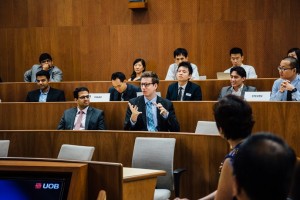
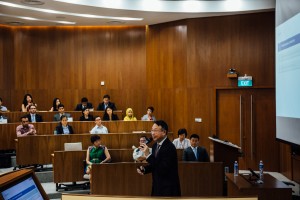

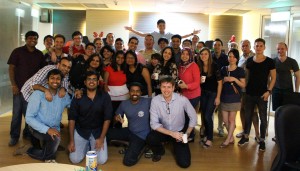

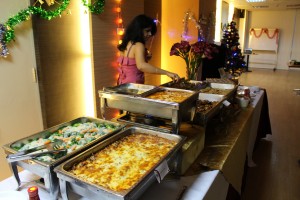

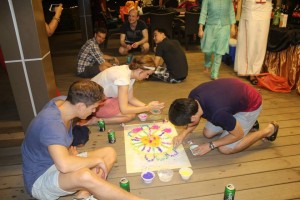


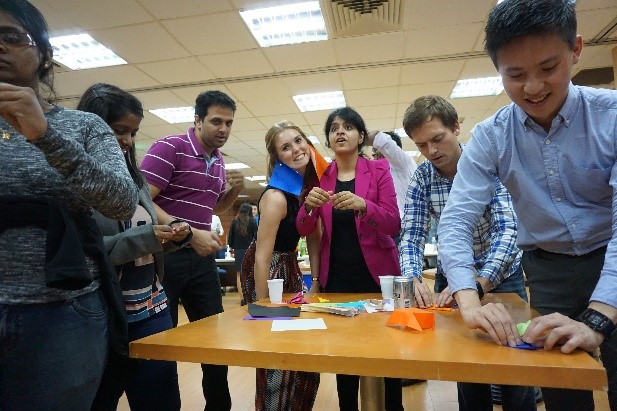
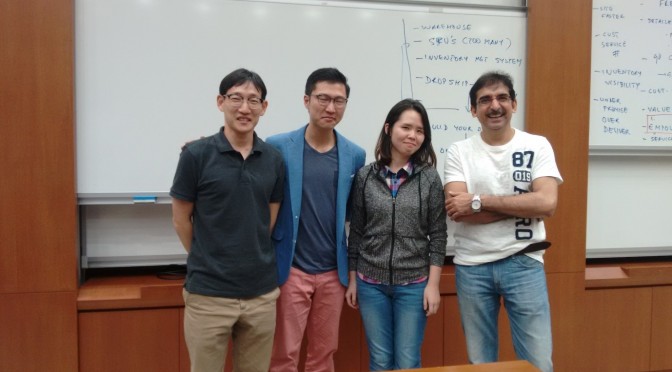




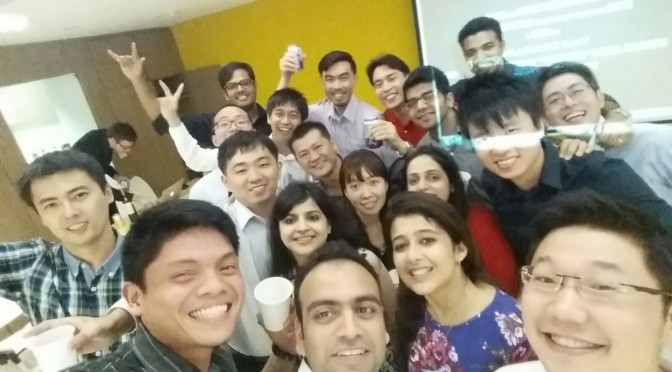

You must be logged in to post a comment.